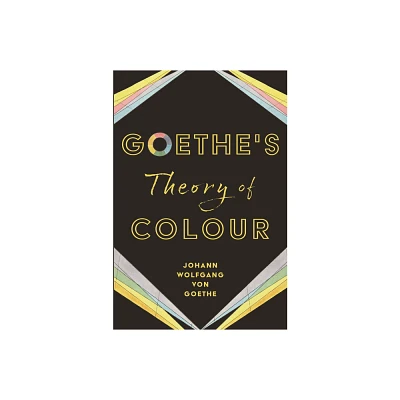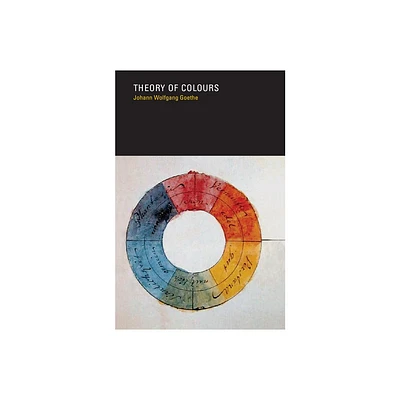Home
A Naive Realist Theory of Colour
Loading Inventory...
Barnes and Noble
A Naive Realist Theory of Colour
Current price: $89.00


Barnes and Noble
A Naive Realist Theory of Colour
Current price: $89.00
Loading Inventory...
Size: Hardcover
*Product Information may vary - to confirm product availability, pricing, and additional information please contact Barnes and Noble
A Naive Realist Theory of Colour
defends the view that colours are mind-independent properties of things in the environment, that are distinct from properties identified by the physical sciences. This view stands in contrast to the long-standing and wide-spread view amongst philosophers and scientists that colours don't really exist - or at any rate, that if they do exist, then they are radically different from the way that they appear. It is argued that a naive realist theory of colour best explains how colours appear to perceiving subjects, and that this view is not undermined either by reflecting on variations in colour perception between perceivers and across perceptual conditions, or by our modern scientific understanding of the world.
also illustrates how our understanding of what colours are has far-reaching implications for wider questions about the nature of perceptual experience, the relationship between mind and world, the problem of consciousness, the apparent tension between common sense and scientific representations of the world, and even the very nature and possibility of philosophical inquiry.
defends the view that colours are mind-independent properties of things in the environment, that are distinct from properties identified by the physical sciences. This view stands in contrast to the long-standing and wide-spread view amongst philosophers and scientists that colours don't really exist - or at any rate, that if they do exist, then they are radically different from the way that they appear. It is argued that a naive realist theory of colour best explains how colours appear to perceiving subjects, and that this view is not undermined either by reflecting on variations in colour perception between perceivers and across perceptual conditions, or by our modern scientific understanding of the world.
also illustrates how our understanding of what colours are has far-reaching implications for wider questions about the nature of perceptual experience, the relationship between mind and world, the problem of consciousness, the apparent tension between common sense and scientific representations of the world, and even the very nature and possibility of philosophical inquiry.


















